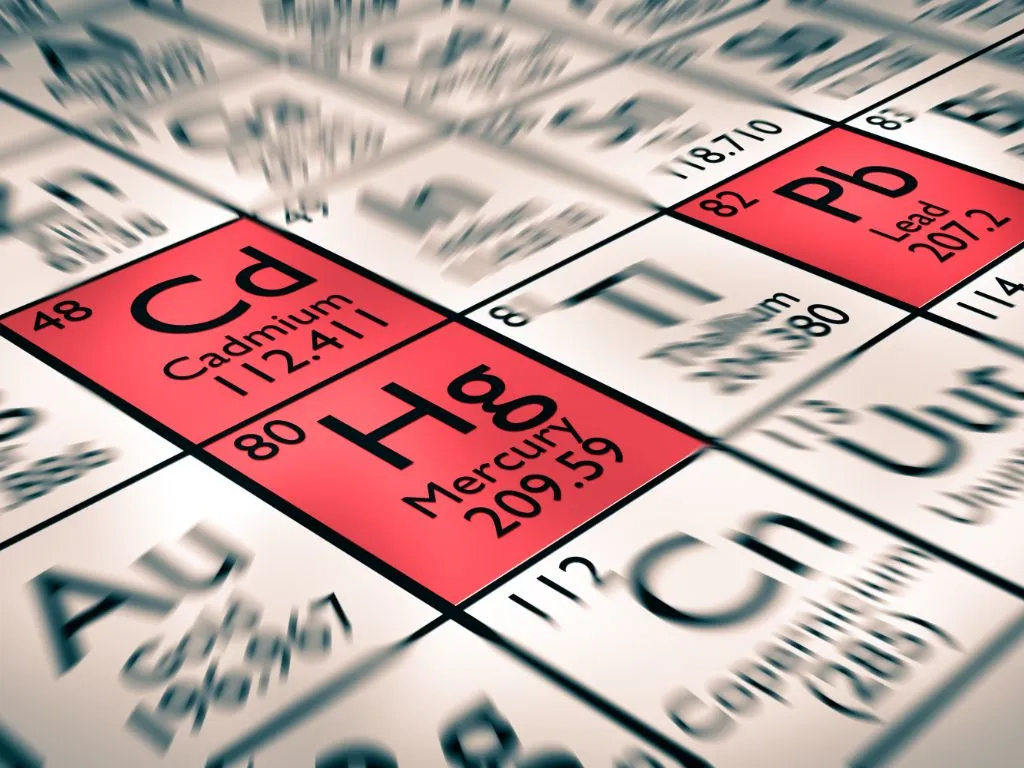News Details

New EPR Rules Announced for Non-Ferrous Products in India
The Ministry of Environment, Forest and Climate Change (MoEF&CC) has issued a Gazette Notification (G.S.R. 438(E)) dated 1st July 2025, introducing a new chapter under the Hazardous and Other Wastes (Management and Transboundary Movement) Rules, 2016. These amendments bring Extended Producer Responsibility (EPR) provisions for non-ferrous metal scrap and will come into effect from 1st April 2026.
Key Highlights
Extended Producer Responsibility (EPR) Framework
The rules cover producers, manufacturers, recyclers, refurbishers, collection agents, and bulk consumers involved in handling scrap or products made from aluminium, copper, zinc, and their alloys.
- Mandatory Registration: All stakeholders must register on a Centralised Online Portal maintained by the Central Pollution Control Board (CPCB).
- Recycling Targets: Starting with 10% in 2026–2027, EPR targets will rise to 75% by 2032–2033 (as per Schedule XI).
- EPR Certificates: Producers can meet targets by recycling themselves or purchasing EPR Certificates from registered recyclers via the CPCB portal.
- Refurbishment Option: Certified refurbishers can defer EPR obligations temporarily.
- Audits and Verifications: CPCB or its authorised agencies may audit transactions and compliance regularly.
Mandatory Registration and Digital Compliance
A central online portal will:
- Manage registrations
- Track EPR certificates and transactions
- Monitor compliance through returns and reports
- Act as a marketplace for EPR certificate trading
Stakeholder Responsibilities
- Producers & Manufacturers:
- Ensure collection, recycling, or refurbishing of their products.
- Meet minimum recycled content use (as per Schedule XIII).
- Submit half-yearly and annual returns.
- Recyclers:
- Recycle scrap in an environmentally sound manner.
- Maintain transaction records and file returns.
- Refurbishers:
- Extend product life through safe refurbishing.
- Manage and dispose of generated waste responsibly.
- Collection Agents:
- Collect and transfer scrap to registered recyclers or refurbishers.
- File periodic compliance reports.
- Bulk Consumers:
- Set up collection points and hand over scrap only to registered entities.
Institutional and Stakeholder Roles
- CPCB: Administers portal, enforces compliance, issues SOPs, and conducts audits
- State Governments & SPCBs: Facilitate space for recycling units, conduct inspections, and promote awareness
- BIS: To update relevant standards within six months
- Steering Committee: Formed for oversight, dispute resolution, and target review
Penalties & Environmental Compensation
- Non-compliance may lead to:
- Revocation of registration
- Environmental compensation
- Legal action under Section 15 of the Environment (Protection) Act, 1986
- Partial refunds of compensation are allowed for late compliance (within 1–3 years)
Important Timelines
| Year | Recycling Target (% by weight, based on average product life) |
|---|---|
| 2026–27 | 10% |
| 2027–28 | 10% |
| 2028–29 | 30% |
| 2029–30 | 30% |
| 2030–31 | 50% |
| 2031–32 | 50% |
| 2032–33+ | 75% |
Milestones
| Milestone | Deadline |
|---|---|
| Rules Effective Date | 1st April 2026 |
| CPCB Portal Operational | Within 6 months from the rules' commencement |
| BIS Standards Revision | Within 6 months |
| First EPR Target Year | 2026–2027 |
Schedules Introduced
- Schedule X – List of covered non-ferrous metal products
- Schedule XI – EPR recycling targets timeline
- Schedule XII – Products allowed for refurbishing
- Schedule XIII – Minimum recycled content requirements
For More Information: Please visit the Ministry of Environment, Forest and Climate Change or the CPCB website.
We acknowledge that the above information has been compiled from The Gazette of India.


